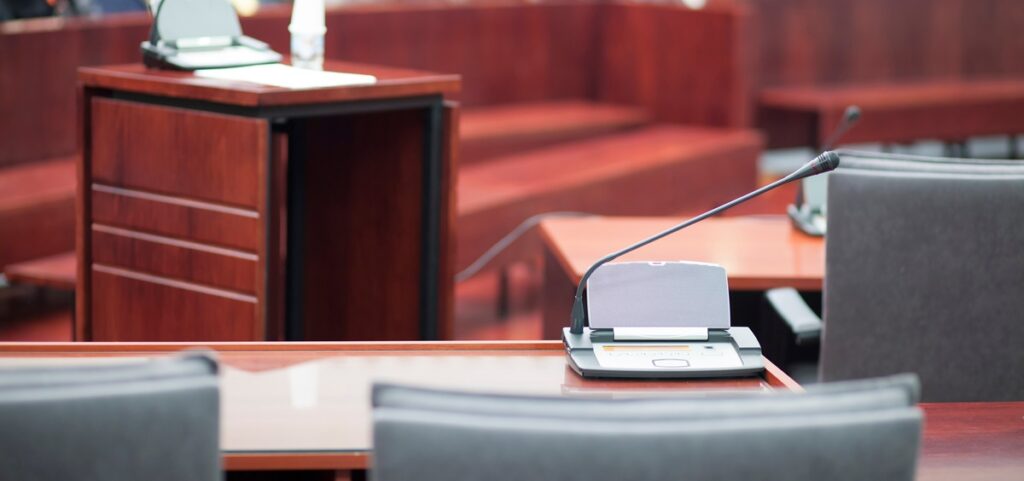A story recently caused quite a stir… Judge Joëlle Roy’s “unusual” reply to La Presse’s Yves Boisvert fuelled public debate. The Minister of Justice himself admitted he was “perplexed”, and deferred to the Chief Justice of the Court of Quebec for potential disciplinary action. In the wake of this saga, our editorial team put together some questions related to judges and criminal trials – do you have what it takes to answer them?

Is it possible to change judges in the course of a trial?
Yes. Even though it’s an exceptional measure, the Criminal Code provides that it is possible to change judges in the course of a trial. This happens, for example, when judges are unable to continue proceedings for health reasons. In this case, Judge Joëlle Roy stopped hearing a trial for incest on October 12th. She claimed she felt “shaken” by a text written by legal columnist Yves Boisvert. As a result, this case could have been dismissed due to “unreasonable delays”.
Ultimately, the trial will continue in November and December before a different judge. This process of changing judges should not be confused with what is known as a “recusal”. A recusal is a request made by one of the parties for a judge to withdraw from the case due to suspected bias.
|
Did you know? If a judge is replaced while a trial is underway and before a verdict could be decided, the new judge must restart the trial from the top. In other words, it’s as if no evidence was presented. However, if the trial takes place before a jury, this measure is optional: the new judge may still ask that the evidence be presented again, but they could also continue where the trial left off. |
Are judges allowed to choose which cases to hear?
No. Judges cannot choose the cases they hear. This is a fundamental principle of our justice system, which guarantees the absence of any conflict of interest, as well as the impartiality of judges in individual cases.
Judges must never make their own accusations or conduct their own investigations. Judges have a duty to hear the various people involved in a case (called the “parties”), and must leave it to them to bring all the facts and evidence before the court.
How common are “Jordan motions”?
It depends on the facts. A Jordan motion is when an accused person requests that the case be dismissed because the delays have become too long. We call this a “stay of proceedings”. The name “Jordan motion” comes from the Jordan case, a 2016 decision by the Supreme Court of Canada. This decision confirmed that everyone has the right to have their case tried within a certain timeframe, from the moment they are charged. This was decided to avoid causing additional harm to people who have been victims of crime, as well as to those who were accused. The goal is to create some stability and to bring closure once a judgment has been pronounced.
In Judge Roy’s case, it’s too early to conclude that the incident could have resulted in a stay of proceedings. If that happened, the case would have ended. The accused would not have been found guilty or non-guilty. Additionally, new charges could not be laid for the same acts.
|
At a glance: The Conseil de la magistrature The Conseil de la magistrature oversees the conduct of judges who were appointed to various courts by the Quebec government. It is made up of 16 members, including nine judges, one justice of the peace, two lawyers, one notary and three members of the public who are not jurists. This body ensures compliance with the rules of ethics required by the profession. It also allows citizens to file complaints against judges. |





